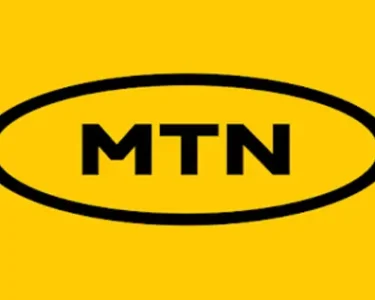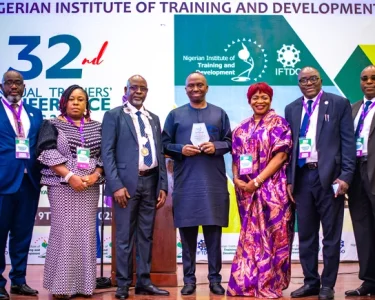A new boost is on the way for creativity, innovation and great ideas in Nigeria’s technology space as innovators now have their innovations well secured to not only meet international standards but to always have them secure their innovations in fast changing tech space.
For any innovations to hit desk of the regulatory authority in the telecoms sector, the Nigerian Communications Commission (NCC) the innovators must have a Proof-of-Concept pilots to validate novel ideas in real-world environments.
That was just one of the items in the framework for innovations and ideas that the NCC presented to stakeholders today at a hybrid event in the Nigerian capital city, Abuja, under her latest initiative: the General Authorisation Framework (GAF).
The reform introduces a flexible and responsive regulatory licensing approach that is structured to embrace new and emerging services that fall outside the existing License Structure of the NCC.
Also under this framework, innovators are to test under controlled and risk-managed conditions while providing for an Interim Service Authorisation for services that do not yet fit within existing license categories.
The GAF is expected to enable innovators to trial and deploy new communication services in a controlled and compliant environment while ensuring that regulatory oversight supports innovation while safeguarding public interest, security, and compliance.
In a report presented to the stakeholders during the engagement by the NCC, the Commission revealed that the GAF was designed to foster innovative communication systems, structure the environment for testing new technology, and with defined operational terms for temporary authorization.
The regulator further said that the GAF would make for efficient data collection to guide future regulations as well as seamless transition from authorization to full licensing with effective monitoring activities for regulatory impact.
The Commission however, noted that innovators would be required to provide a planned network deployment approach and trial timeline and key testing details, including requested regulatory flexibilities, scope, and duration, even including Key testing details, including requested regulatory flexibilities, scope, and duration, even including success or failure evaluation metrics.
But reacting to the NCC’s GAF presentation, leading telecommunications and technology company, MTN Nigeria Plc, argued that it will be a burdensome task asking the Authorization Holder to submit particulars of any agreement or arrangements entered into with other companies or Licensees of the Commission for the provision of communications services.
It however recommended that the Commission excludes this requirement from the Framework and that Commission only require the Holder to submit Agreements which they are required to submit by virtue of other existing Regulations and Guidelines of the Commission.
MTN also recommended that the framework should require applicants to propose a timeline for the Proof of Concept or Regulatory Sandbox with the Commission’s approval granted for a period not exceeding 24 months.
Alternatively, the Commission consider extending the timeline for the Authorisation to a duration between 12 and 24 months.
There are however sanctions for erring innovators who didn’t keep to General Authorization conditions such as Duration, Limitation, Technical, Consumer Protection, Data Protection and Reporting procedures, warning about possible suspension/termination for non-compliance including financial sanctions by the NCC.
Earlier in his opening remark, the Executive Vice Chairman of the NCC, Dr Aminu Maida said that by adopting the GAF approach, the Commission is providing a platform for innovators of various sizes-whether they are startups or established companies-to demonstrate feasibility, assess risk, and measure outcomes before deployment. This model encourages experimentation and responsible innovation while safeguarding consumer rights and public interest.
While noting that regulation alone is not enough, he called on Mobile Network Operators, Service Providers, Infrastructure Companies, OEMs, startups, civil society, and academia to embrace the GAF, saying: “Your insights, your ideas, and your partnership are critical in refining this approach and making sure that it works for Nigeria.”




